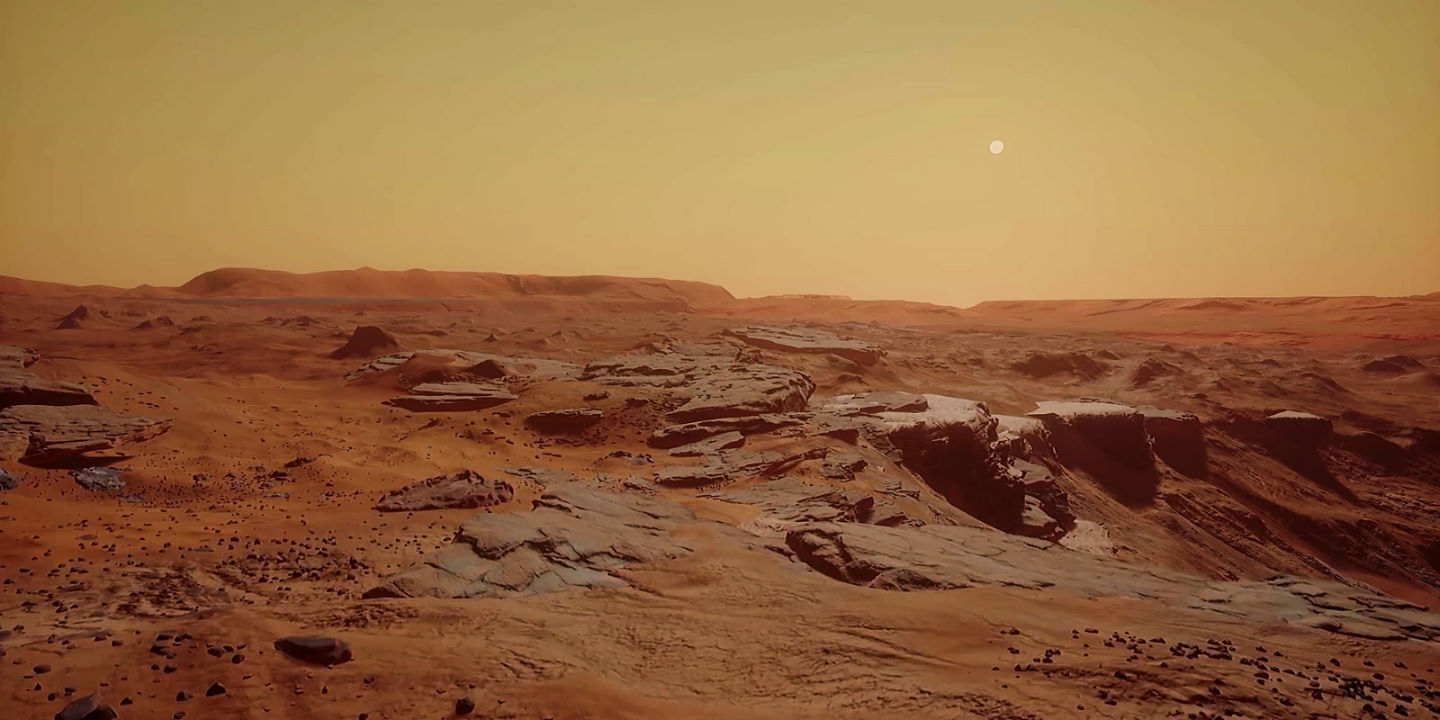
Conception of a game
Context
As any other student in 3rd year of Game Design, I have a project this year which consists of creating a video game. Even though the size of such a project changes a lot depending of what game I'm planning to make, the steps required to reach this goal are the same, wether I'm making a 2D plateformer with a single level, or a next-gen open-world RPG. The 3 major steps to create a game are as follows :
Conception
It might sound simple, but the concept is what the game will be built-on. In this case, the concept means the universe, the theme, the type of game, the narrative, the mechanics, the gameplay loops, etc. It's what makes a game different from any other, and why a player is going to enjoy it (or not).
Iteration
Once the concept of the game is defined, it has to be tested. The "testing" part is simple, what is harder is deciding what to change and what to keep in every iteration. It's the longest part of creating a game. Some games go under tremendous changes before seeing the light of day, because some ideas and mechanics are straight up bad and have to be completely changed (Anthem says Hello). This process is very practical and requires a lot of feedback from a lot of different people in order to be objective.
Finalization
Once the iteration part is complete, then the game is almost finished. The only thing left to do is polyshing visuals, balacing the difficulty, and correcting bugs. While this part is the least interesting one in my opinion, it is not to be overlooked, or you might release broken games (looking at you Bethesda).
So, what did I do ?
Our teacher this week, Mathias, tasked us to create a video game (the concept of one at least) and put everything about in a Game Design Document. This document helps you organize about everything that is going to be in your game. It's like an exhaustive rule book. We had the possibility to take our 3rd year project as the game to work on, and that's what I did.
Writing and sorting
Even though I knew already what I wanted the game to be like, everything was in my head. So the first step for me was to formalize my ideas as much as I could and put them in the GDD. Once that was done, I sorted each idea depending on its type : Theme, Mechanics, Goals, User Experience, etc. After sorting everything, I had to write as much details as I could about interactions. Because even though I wrote the base of the game, it didn't describe how every part worked with other parts.
For example, I'm working on a strategic city-builder, where your goal is to develop from scratch a martian colony who happens to be in competition for ressources. There are a lot of different buildings, units, currencies, etc. that I already thought about and how they could interact, but the GDD is not made for me only. It is for everyone (in the developement team) to read and understand how the game works in every single aspect.
Interactions
So once I listed what I had in mind, I started detailling interactions between different parts of the game. Here are a few examples :
- The player is the one handling/managing the colony, but he's not he one who payed for it. A parent company, called Outwards Corp. payed for it. Because of that, the player has to regularly pay a share of his material or financial gains. (Relation between the colony and its owner)
- Competing for ressources is not the only solution. Other colonies may accept some kind of deal. (Relation between colonies)
- Ressources are limited. Being careful is necessary to develop in the long term (Relation between the ressources, the environment and the colony)
- A population with a good satisfaction is more likely to recommend a colony (Relation between population and the colony)
This is just a few examples of the kind of interactions in my game, and this list will only grow as I keep filling the GDD.
posté par adrienmelia,